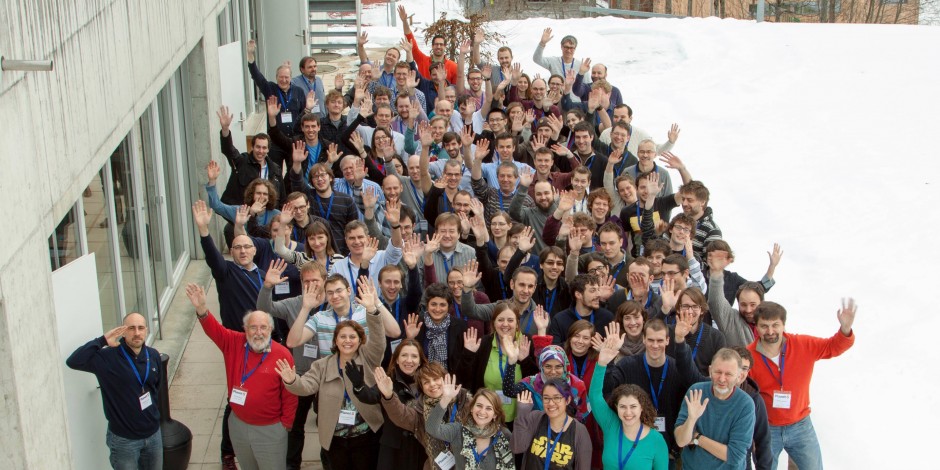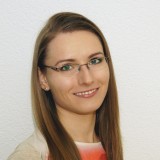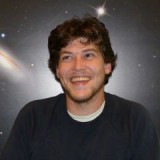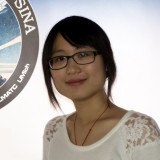PlanetS Member Quiz

Who said what
Here are three of our featured collaborators of the month. Find out who is who and who said what.
Fill out the form below with your solution and send it to us. The first three correct entries will win a little prize that will be presented at the site visit at the Geneva Observatory in May. Everybody is entitled to participate including the featured collaborators (but except the communication team).
Good luck!
A

B

C

1
Please give us a personal quote or a quote of a famous person (e.g. of Albert Einstein) that describes you and your life/work.
“The most incomprehensible thing about the universe is that it is comprehensible” (Albert Einstein)
Please describe your job in only one sentence and tell us what the most important goal of this work is.
I work on the design of an adaptive optics system for the next generation of radial velocity spectrographs, the main goal is to control the size of such instruments in order to reduce their costs and increase their stability.
How did you get into this research/work field?
I have always been interested in instruments and astronomy, so I managed to combine both in my work.
What would be the greatest discovery you would like to see in your life time?
Direct detection of dark matter.
You work for the NCCR PlanetS. What do you think will the NCCR enable you to do you couldn’t do without it?
With the NCCR I have the opportunity to work with probably the biggest and the most competitive team in the field of exoplanets in the world.
2
Please give us a personal quote or a quote of a famous person (e.g. of Albert Einstein) that describes you and your life/work.
“I have not failed. I’ve just found 10000 ways that won’t work.” -Thomas A. Edison
Please describe your job in only one sentence and tell us what the most important goal of this work is.
I work on developing an unified model for dust evolution and planetesimal formation that will produce realistic initial conditions for models of later stages of planet accretion. The long term goal is to explain where do the observed properties of the Solar System and those of extrasolar planetary systems come from.
How did you get into this research/work field?
When I was starting my Bachelor project in 2009, a PhD student in the same research group got interested in a new computational method for dust growth that had been developed by Andras Zsom and Kees Dullemond in Heidelberg. My Master project was inspired by this work and I got a PhD position in Heidelberg later.
What would be the greatest discovery you would like to see in your life time?
Finding life on an exoplanet is certainly something everyone is looking forward to. On a less spectacular scale, I would like to have the chondrule forming process explained.
You work for the NCCR PlanetS. What do you think will the NCCR enable you to do you couldn’t do without it?
The NCCR PlanetS is the first large venture that I am directly a part of and I hope that it broadens my academic experience on many different levels. I am very happy to be involved in this project and to be surrounded by so many people working on related topics.
3
Please give us a personal quote or a quote of a famous person (e.g. of Albert Einstein) that describes you and your life/work.
“What we observe is not nature itself, but nature exposed to our method of questioning.” (Werner Heisenberg)
Please describe your job in only one sentence and tell us what the most important goal of this work is.
My work is to simulate the inner neutral gas coma of comet 67P with DSMC method in order to understand the gas flow field and to establish the reliability of inferences about the initial conditions from in situ and remote sensing measurements of Rosetta.
How did you get into this research/work field?
The love for astronomy sends me here.
What would be the greatest discovery you would like to see in your life time?
That SETI finds extraterrestrial life.
You work for the NCCR PlanetS. What do you think will the NCCR enable you to do you couldn’t do without it?
With NCCR I got the chance to meet many experts in different fields and to have interdisciplinary discussions, which are great experiences to me. Thanks NCCR!
Categories: Internal Newsletter

